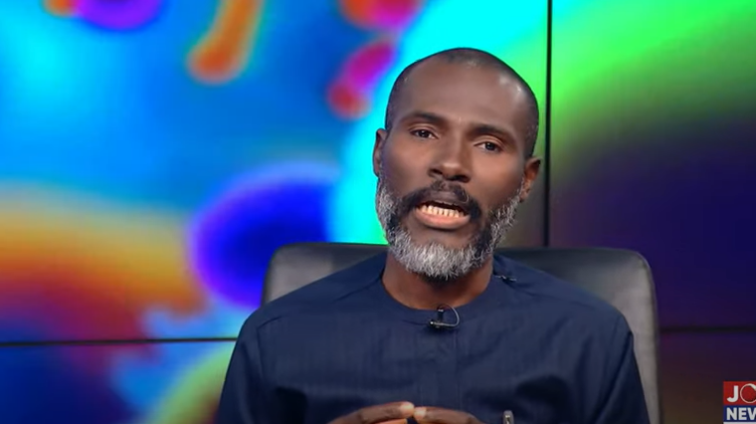The head of Monitoring and Evaluation at the Ministry of Health, Dr Eric Nsiah–Boateng, is advocating that the government leverage bilateral relations to secure additional funding to support the fight against non-communicable diseases (NCD).
Speaking on the JoyNews 'National Dialogue on "NCD - The Silent Killer', he said that globally, it was a challenge fighting these diseases according to reports from the United Nations High Commissioner for Refugees (UNHCR).
He argued that even in Ghana, the biggest challenge was funding; hence, if the government wants to tackle the problem, it must seek support from its bilateral relations.
“The previous policy, one of the biggest challenges was funding, it was a major issue. We couldn’t get money to implement most of the activities that we did.
"The global community is also recognising the importance of this [NCDs]. So we want to leverage on the bilateral arrangements that we have with our partner countries to get funding support apart from the local ones that we have,” he said.
In the interim, he said the government was using the Nation Health Insurance Scheme to finance some costs of NCDs.
He said this was to help reduce the burden of individuals suffering from the diseases.
Meanwhile, the Ghana Health Service in the Ashanti region is set to launch a door-to-door screening and awareness campaign to combat non-communicable diseases (NCDs), which health experts warn are quietly claiming lives.
“We want to create this awareness about screening. We will go to the doorsteps of everybody. The institutions, churches, markets, lorry stations, schools to alert them and create awareness so they understand the dangers,” said Lydia Owusu Ansah, Regional Coordinator for NCDs.
According to Madam Lydia, a significant proportion of the population affected by these conditions are between 20 and 40 years old, with young people being particularly vulnerable, which is a cause for concern. The region is grappling with a high burden of 20,000 cases of non-communicable diseases.
Madam Lydia emphasises that the initiative will be an ongoing effort, not a one-time event, aiming to make early detection a daily priority.
Latest Stories
-
Government to borrow GH¢200bn in 2025; fixed income market to bounce back strongly
1 hour -
West Ham confirm Graham Potter as new manager
2 hours -
The nation’s greatest enemy is gone – Kumchacha says of Akufo-Addo
2 hours -
Ghana is 2nd most indebted African country to IMF in terms of Concessional Lending
2 hours -
Today’s Front pages :Thursday, January 9,2025
2 hours -
Traders at Kumasi’s Race Course Market grapple with rising armed attacks
2 hours -
NPP Electoral Area Coordinators call for suspension of Kpando Constituency Executives
2 hours -
Kpando MP, Sebastian Deh calls for collective efforts toward developing the constituency
2 hours -
Musah Superior: We will hold Mahama to his campaign promises
2 hours -
Ghana’s First Female Vice President: A Trailblazer in Leadership and Inspiration
3 hours -
Mahama will appoint new MMDCEs in 14 days – Ashie Moore discloses
3 hours -
Joe Biden says he could have defeated Donald Trump
3 hours -
“This is Your Moment in History, My Dear Friend’s Wife” Part 3
3 hours -
The Days of My Years Here on Earth: Three Score and Ten (Naabe @ Seventy)
3 hours -
Over 30 heads of states, prime ministers graced Mahama’s inauguration
4 hours

